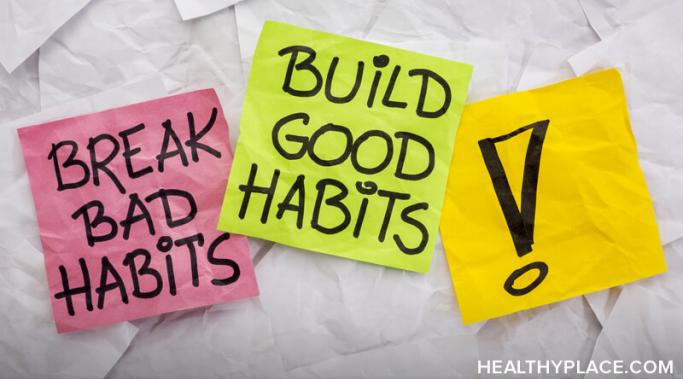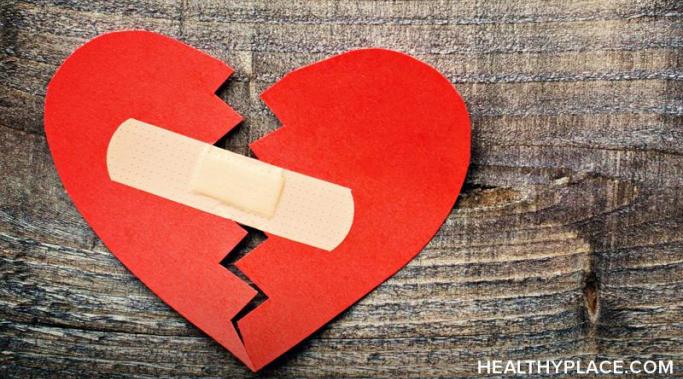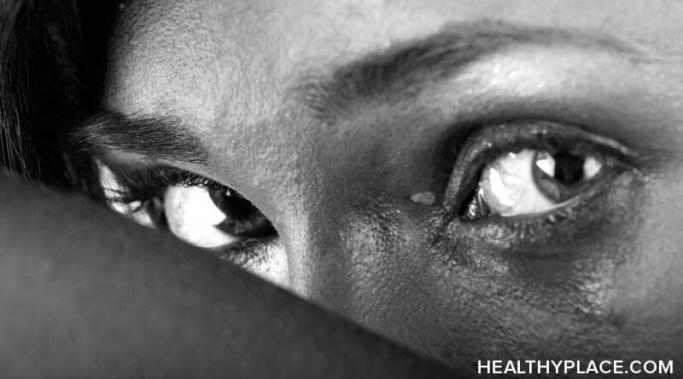Everyone has habits -- both healthy and unhealthy habits. Healthy habits might be drinking enough water throughout the day. Unhealthy might be drinking excessively every night. Lately, I am finding that some of my past behaviors and thought patterns have contributed to some of my unhealthy habits today. To learn more about my discoveries and experiences with habits, continue reading this blog post.
Recovery - Tough Times
The creation of art can help with depression. During the cold season, when I'm stuck indoors, it becomes tempting to spend a lot of time sleeping. This only makes me feel depressed. To combat this, I try to find fun activities that challenge my mind. This year, I discovered joy in diamond painting. To learn how this artistic hobby helps with depression, read on.
In my experience, eczema and mental health can be linked. In my early to mid-20s, I enjoyed wearing makeup and scented lotions. I didn't think much about the chemicals in these products because there didn't appear to be a reason for concern. But when I was 27, I developed painful eczema rashes that changed my perception of chemicals and mental health. To learn about my experience with eczema and how it affected my mental health, continue reading this post.
I recently learned how much healthy activities matter. Last week, I had two consecutive days off from work, which does not happen often. Usually, I spend those days oversleeping. But last week, I tried to stay busy with healthy activities. Here are five ways that I benefited from staying active on my days off work.
There are coping skills for breakups, but learning them took me a while. One of the things I hate most about the summer is that it seems to be my season of breakups. Every time it happened years ago, I felt like something was wrong with me. I lost hope in ever having a lasting relationship. My mind went to dark places for several months. This time, however, I have techniques to ease the healing process. Continue reading to learn about my list of breakup coping skills.
As a teenager, I struggled to accept my learning disability diagnosis. I didn't want to be thought of as slower than my peers. I wanted to be seen as intelligent. In my early 20s, I felt the same way about my anxiety and depression diagnoses. I wanted to be in control of my emotions by simply getting over my depression. But now, I realize that accepting my mental illness diagnoses was crucial for improvement. Here are four ways I learned to accept my mental health conditions.
As I tried to come up with a topic for this blog post, my mind spun a web of negative thoughts. I realized that the deadline for publication was looming. Like many weeks, I scolded myself for procrastinating. Then I started thinking about unrelated issues like my work performance, unmet goals, rejection, friendships, and relationships. Depression tortured me with lies that I will reveal in this post. Here are five of the lies my depression has told me and what I have learned from them.
Last year, I realized that it was time for me to change therapists. While my former therapist helped me in many ways, I began to feel like I would connect better with another female closer to my age. I was placed on a waiting list for several months before I got connected with a new doctor. However, it was well worth the wait. I started seeing my current therapist a few months ago. So far, she has been a great fit for me. To learn about the five attributes that make her a wonderful therapist, continue reading this post.
A few months ago, I talked to my therapist about the sources of my low self-esteem and constant comparisons with other people. I thought it originally started from childhood bullying by other students. But my therapist mentioned that two of my former teachers' emotional abuse might have had long-term effects as well. To learn more about my experience with abuse and how it still affects me in adulthood, read on.
According to Mental Health America, more than 11.4 million adults have severe suicidal ideations. In 2020, The American Foundation for Suicide Prevention reported that nearly 46,000 Americans died by suicide that year. Although suicide is a serious issue, many people do not seek help for it. Having personally had suicidal thoughts, I understand some of the causes and the hesitancy for people to seek help. In this post, I share the causes of my suicidal ideations and the importance of support. (Note: This post contains a trigger warning.)









